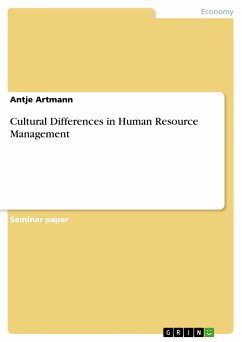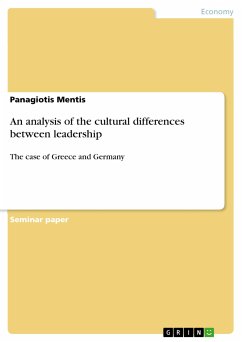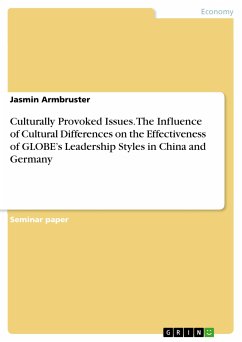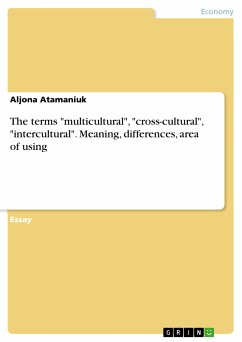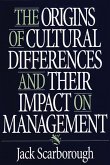Seminar paper from the year 2002 in the subject Business economics - Business Management, Corporate Governance, grade: 7, Maastricht University (Economics), language: English, abstract: "Human resource professionals are often treated as if they were the lowest form of managerial life" (E.P. Lazear, 1998). Usually, personnel skills are perceived as too soft and are thus not valued as an essential tool for managing a company efficiently. Moreover, personnel people had to get used to receive little respect from their colleagues in the last century. Human resource managers were viewed as the "company police", who created unnecessary stepping-stones for others. This impression has reasoning. Until recently, there existed no systematic guide, on which human resource decisions could be based. In fact, personnel matters were regarded as too soft and too human to be treated rigorously. One of the main reasons is the fact that in the past as well as today most managers are technical experts. Sequentially, this led to the conclusion that human resource management indeed does not matter. However, today's managers perceive human resource management as an important tool in order to run a company smoothly, effectively and cost-efficient. Indeed, human resource management determines how the company's resources are managed. Human resource planning is essential in order to ensure that an organization's human resources are capable of meeting the firm's operational objectives. Thus, the following problem statement arises: Does the way of managing human resources diverge in different cultures and institutions? In the following paper, the relative importance of human resource management between different cultures will be evaluated. Special attention will be given to the Czech Republic, Asia und the public service sector in the USA. First, a general definition of human resource management will be provided heavily influenced by U.S.-originating thoughts. Afterwards, the different cultures with respect to personnel matters will be explained and compared. Of special importance are the areas assessing, hiring and training of new employees. Finally, a conclusion will be provided, including an answer to the above stated question.
Dieser Download kann aus rechtlichen Gründen nur mit Rechnungsadresse in A, B, BG, CY, CZ, D, DK, EW, E, FIN, F, GR, HR, H, IRL, I, LT, L, LR, M, NL, PL, P, R, S, SLO, SK ausgeliefert werden.

